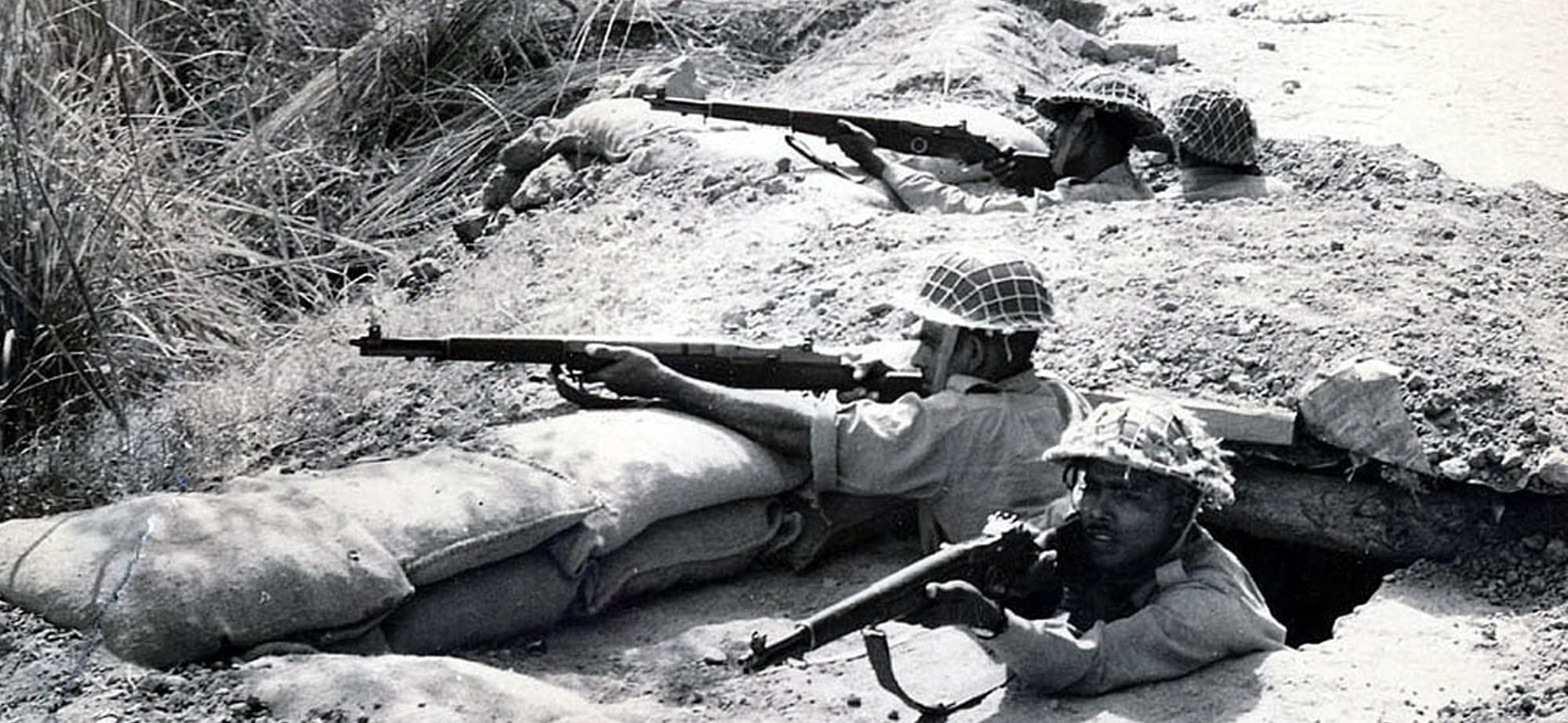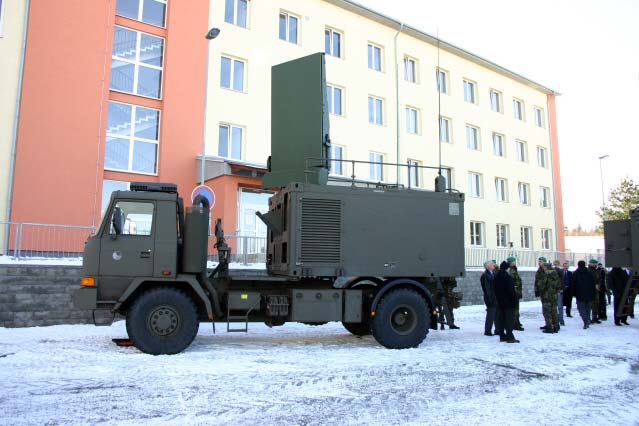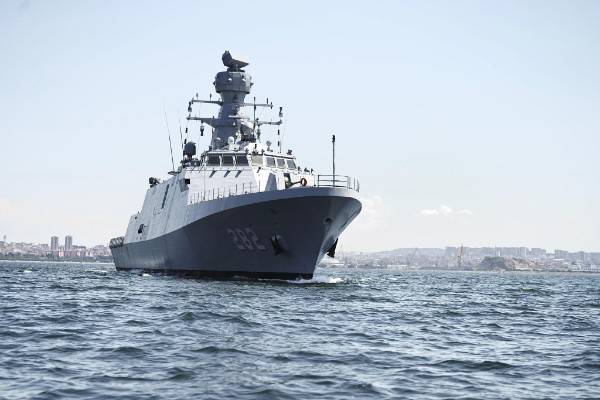Since 1965, Pakistan has observed 6th September as Defense Day in order to show its thanks to the war dead, maintain the same spirit, inform the next generation about the nation’s heroes’ accomplishments, and honor their bravery and selflessness in preserving our independence. Unfortunately, India has consistently posed a real danger to Pakistan’s security from the country’s creation. Because of its larger size and the military power at its disposal, India has forced Pakistan into three wars. It is claimed that a nation’s worth and character are tested during times of hardship and conflict. In the 1965 war between India and Pakistan, the Pakistani armed forces and the nation were given a chance to show their bravery and character through their unmatched bravery and cohesion in thwarting the evil plans of the enemy and proving to both the aggressor and the rest of the world that small nations can be impelled by the will and determination to spare no effort and sacrifice. The nation should be really grateful and appreciative of the military’s sacrifices in defeating the ultimate danger posed by terrorism. Without a doubt, the nation is proud of its martyrs.
On the mid-day of 6th September 1965, a speech by President of Pakistan Field Marshall Muhammad Ayub Khan on the radio informed the nation about the Indian aggression in these words “The enemy has opened a war front of its own choice and its army has attacked Lahore after crossing the international border. Our armed forces are fully capable of defending the motherland and will not spare any sacrifice to thwart the designs of the enemy. The 130 million people of Pakistan whose hearts are resonating with the voice ‘There is nobody worth worshiping except God’ will not rest until the guns of the enemy are silenced”.
He gave a passionate and enthusiastic speech that electrified the crowds who were listening to it on the radio. They overcame their regional, linguistic, and religious divisions to establish an unbreakable and extraordinary national unity. Extreme patriotism was displayed by farmers, laborers, businesspeople, public personnel, and Civil Defense employees in support of the brave armed forces. The war songs sung by legends like Noor Jahan and Mehdi Hasan helped foster and strengthen this sense of national solidarity. Through inciting a wave of nationalism and patriotism among the populace, these artists waged an unusual war. The songs they sang also boosted the spirits of the soldiers at the front and gave them a renewed sense of zeal for defending the motherland.
The Pakistani military was engaged in combat to protect the nation’s territorial integrity from a powerful foe. They did, in fact, protect the nation uprightly. Lahore and Sialkot were far beyond the enemy’s reach after the conflict was over. The enemy suffered heavy losses in terms of military hardware. The tank combat at Chawinda, in which India lost 100 tanks, will always be a source of regret for Indian military planners. Independent international sources have confirmed that our air force had the upper hand and destroyed 110 Indian aircraft as opposed to the Indian Air Force losing only 19. A new chapter in the history of air warfare was written by M.M. Alam when he shot down five Indian aircraft in a single dogfight over Sargodha. The accomplishments of our soldiers on the battlefield, particularly at the Lahore and Sialkot fronts, not only perplexed the enemy but also demonstrated the Pakistan Army’s invincibility as a fighting force motivated by faith. The Pakistani military forces, whose victims changed the course of history with their blood and protected the country’s territorial integrity from an adversary five times its size and power, justifiably received the full respect and admiration of the country.
The greatest source for evaluating the outcome of this military conflict between the two old rivals is a 1992 report created by the Indian Defense Ministry and made public by The Times of India. The publication was satisfied that the war was depicted as a great victory on practically every front in the contemporaneous stories produced by a jingoistic press. But the truth which cannot be hidden despite the best efforts of the official historians is that the war was, in the words of one of India’s most distinguished commanders, Lt. Gen Harbakhsh Singh “a catalog of lost victories” for India. Newsweek magazine eulogizing the ability of the Pakistan Army to hold off the much larger Indian Army said “By just the end of the week, in fact, it was clear that the Pakistanis were more than holding their own”.
About Author:
Tahama Asad is a graduate of the National Defense University, Islamabad














